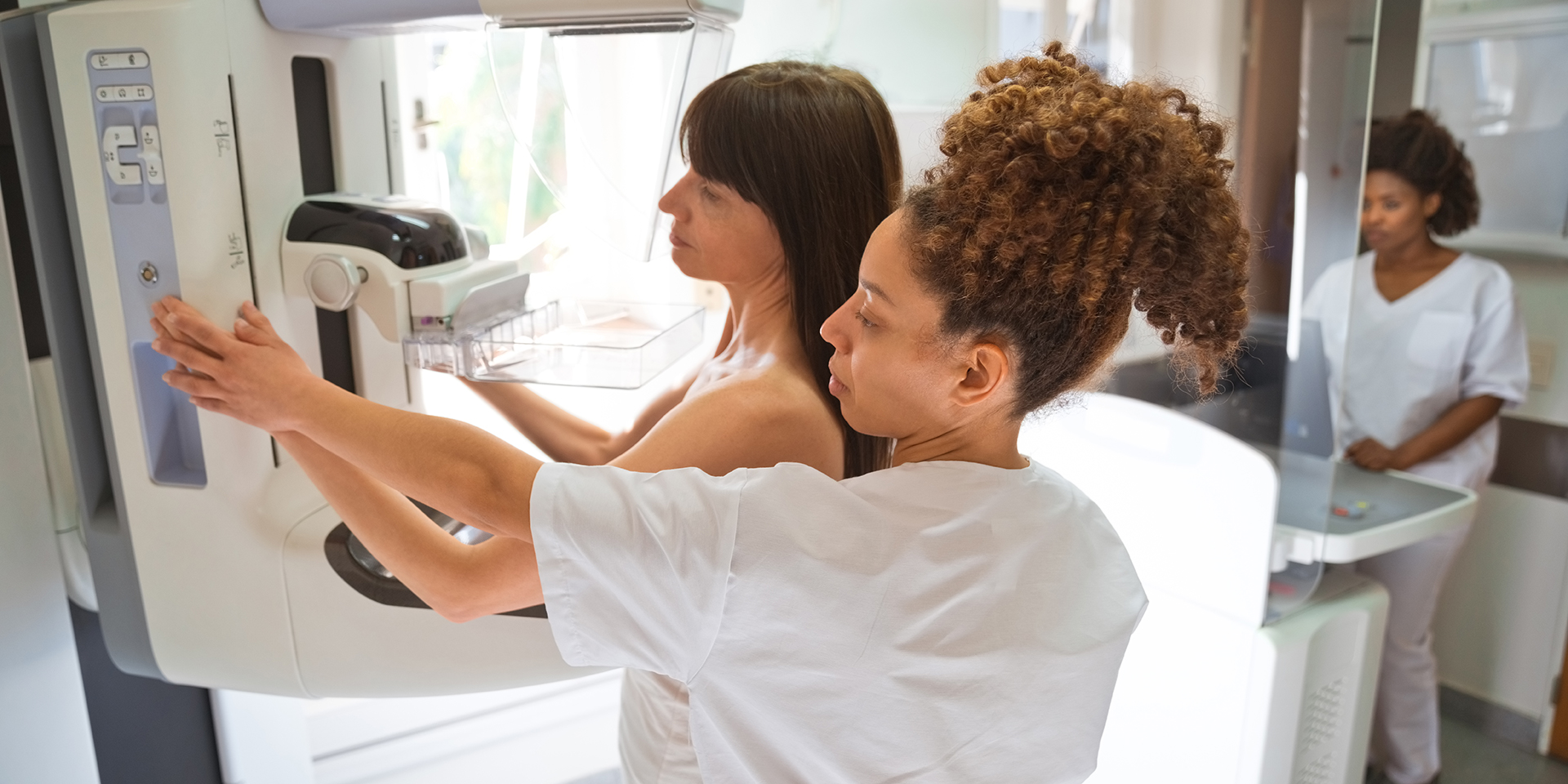
Breast Cancer: What You Need To Know
Routine wellness check-ins are an important part of a healthy lifestyle-you may already have your annual physical or dentist appointment lined up for the year. But for women aged 40 and above, it's also important to consider when and at what interval to start regular mammogram screenings, in order to check for signs of breast cancer.
What Is Breast Cancer?
With 1 in 8 women developing the disease in their lifetime, breast cancer is the second most common cancer among women in the United States. It forms when cells in the breast begin to grow abnormally, spreading throughout the breast tissue, and sometimes to other parts of the body. The appearance of a lump in the breast or underarm (armpit), swelling, irritation or redness of the breast may all be a warning signs of breast cancer, though some women don't display any symptoms. A self-exam can be helpful way to identify any irregularities. Make sure to connect with your doctor if you notice any lumps, pain or changes in shape.
What Is Your Risk?
There are many risk factors that play into one's likelihood of developing breast cancer, with increased age being one of the most prominent. Women with a close family member affected by the disease are also more susceptible, though 75% of women diagnosed with breast cancer have no family history of it. By answering questions about your personal and family history, risk assessment programs can help determine your lifetime risk of breast cancer, and lead to an early detection. Lifestyle factors, like being overweight, can increase one's risk level, as well.
Mammograms Save Lives
Mammograms are X-ray images of the breast, which can help identify signs of cancer up to three years before a lump can be felt, when the disease is easier to treat. In fact, studies have shown that mammography screenings cut the risk of dying from breast cancer nearly in half.
The COVID-19 pandemic certainly disrupted many aspects of daily life, including, for many Americans, important medical screenings like mammograms. While the rate of diagnoses has remained relatively the same over the last few years, the lack of routine testing has led to many women becoming diagnosed at later stages, when their breast cancer is more aggressive.
Don't wait! Talk to your health care team about breast cancer screenings and if an appointment is appropriate for you.
